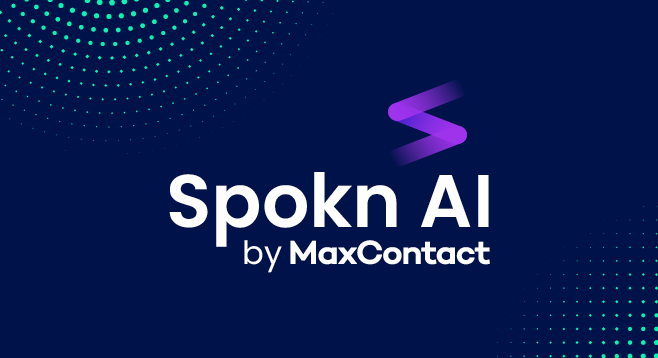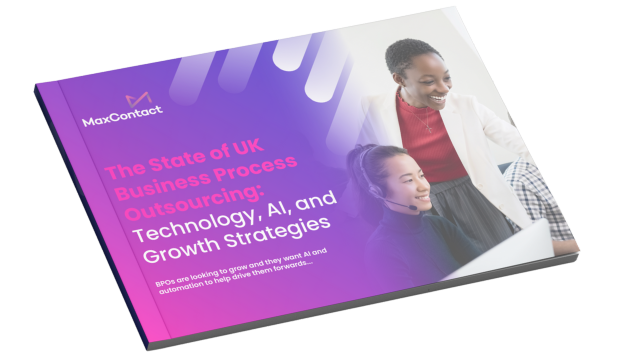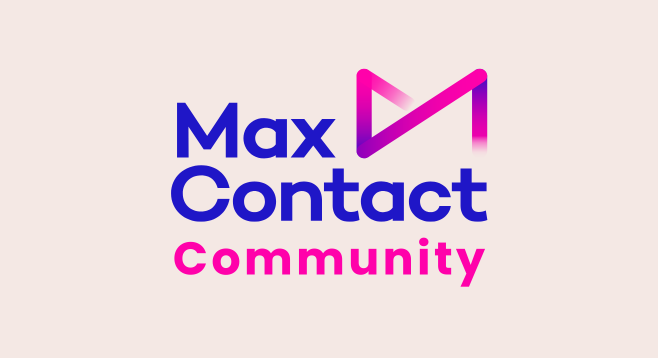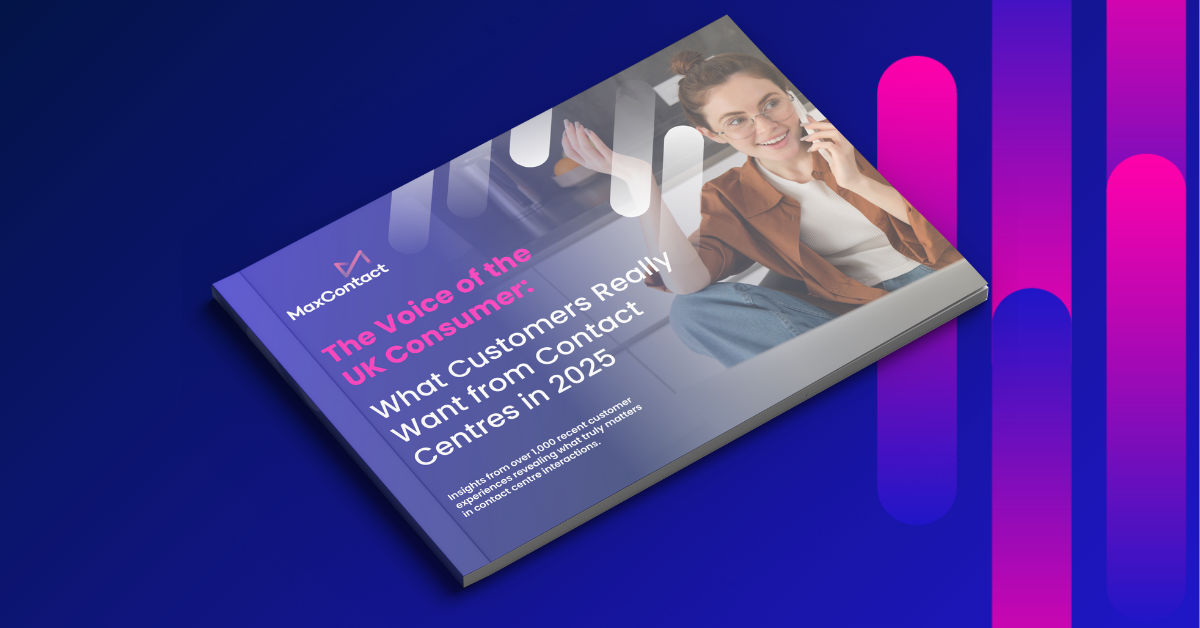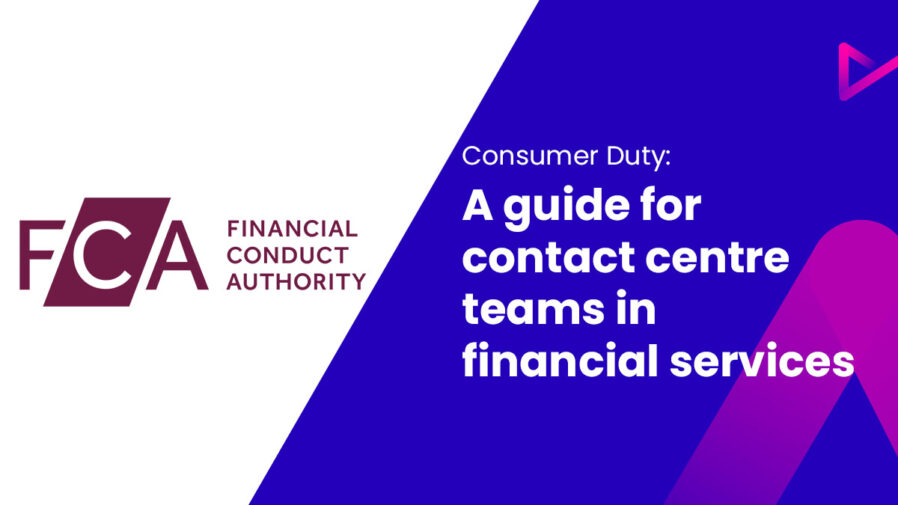If you’re a debt collection agency or a consumer-facing billing, credit, or accounts receivable department, you may be getting a little nervous right now.
The cost-of-living crisis is affecting us all. Debt has increased across the UK, up by a whopping £63 billion in a year. The average unsecured debt per UK adult as of March this year was £3,797.
That’s a significant amount of debt, and it’s likely to increase. Inflation has just hit a 40-year-high, and gas and electricity bills are forecast to rise again in the Autumn.
All of which means consumers will have less money in their pockets, and bigger bills to pay. Debt and payment collectors are having to work harder to meet targets.
How do you ensure your own communications are heard above the din? How can you meet your targets in an environment of such intense competition?
The status quo is not an option
In many cases, the answer is not to simply carry on as before. Even before the pandemic, the average debt collection rate was below 20%, the lowest in 25 years.
In addition, outbound collection strategies are often costly and inefficient, with a success rate that is usually below 5%.
So, if standard outbound practices aren’t working, and competition for customer attention is getting fiercer, what can you do?
To ensure debt collection strategies are ROI positive, you have to adapt your processes, make them more efficient, act proactively and know your customers better than ever.
We’ll discuss what that means in practice.

Smart outbound communications
The key to successful payment collection is creating smart outbound communications. That is a three-step process.
Streamline your processes
It’s not unusual to still find payment collection processes that involve manual outbound dialling with no omnichannel option.
This is hugely costly and inefficient. By contrast, an outbound dialler takes the legwork out of customer communication, deftly handling missed calls and answer machines. It ensures your agents have more time to do what they do best – talk to customers.
Linked to a CRM platform, it also automates the management of customer accounts, and presents agents with the information they need when they need it, so they better understand customer challenges.
Meanwhile, omnichannel communications (text, email, chat, WhatsApp etc) let you contact customers in the way that is most likely to get results.
Match this with a secure automated payment platform. Too often, customers contacted in an outbound campaign will fail to pay because the payment facility isn’t available when they need it, or they have to queue to speak to an agent.
Automated payment means customers can pay whenever they’re ready, and before they use the money for other reasons.
Get to know your customer
When you link communications and CRM platforms you can segment groups and contact them in the most appropriate ways.
For example, you can send a text message to customers in danger of falling into arrears, to remind them to pay before problems arise. You can target indebted customers with messages about the help on offer.
In addition, pre-collection contact strategies can ensure your organisation stays front and centre of a customer’s mind. Being proactive, getting ahead of issues before they become problems. Build profiles for segmentation, based on the financial situation, payment history, vulnerability and more. Then plan campaigns that are relevant to each segment.
You should also capture preferred customer contact methods during onboarding. A customer might be more likely to act on a call, text or email, so segment them further in this way.
Create better experiences
The easier and more pleasant your business is to deal with, the more likely customers are to prioritise you for payment.
Automated payment is part of that, as is using preferred contact methods whenever possible. Another is training staff to be patient, understanding and genuinely helpful.
Continuous performance feedback should be part of your training regime. Implement a system that lets you guide agents during calls – this is especially useful for the most challenging customers – and give instant post-call feedback.
Track performance over time so you can use resources efficiently, allocating the most challenging customers to the most experienced and skilled agents.
Create and edit scripts for every circumstance. Empower agents to use all the tools at their disposal to engage customers and create positive outcomes.
Improve debt collection ROI
If your communications are on point, your payment strategies are likely to be more successful. That will in turn reduce breakage rates and improve the ROI of debt collection.
In the current climate, it’s important that you do everything possible to create better customer interactions and nurture goodwill. Customers are likely to prioritise payments to businesses they trust and respect.
MaxContact’s powerful customer engagement software can help. It includes intelligent outbound dialling, comprehensive omnichannel options, automated payments, on-the-go script editing and a sophisticated agent monitoring and training platform. It also integrates with your CRM systems to create a seamless customer service solution.
Book your free, no-obligation demonstration and we’ll show you what MaxContact can do for you >
